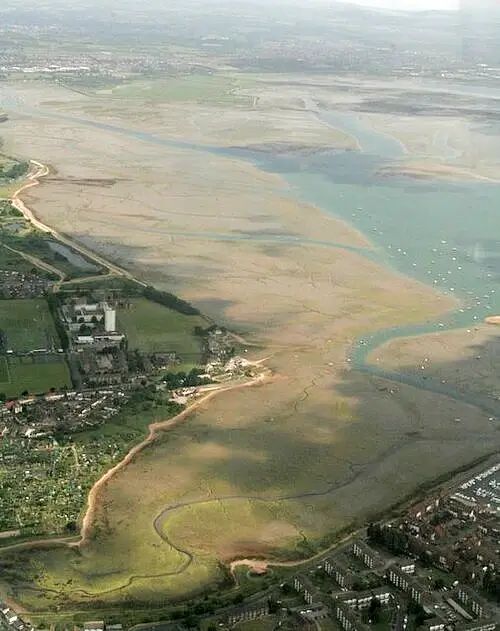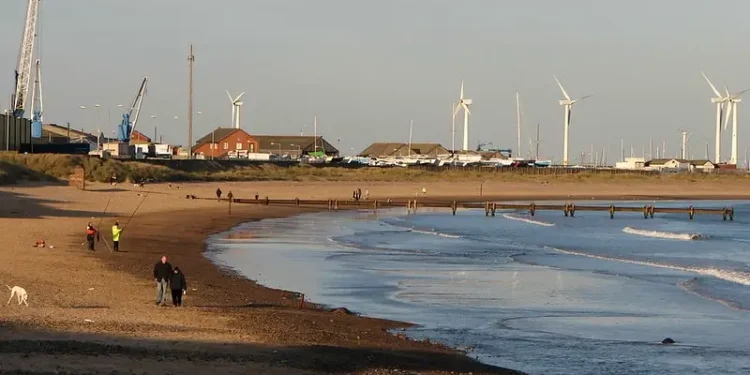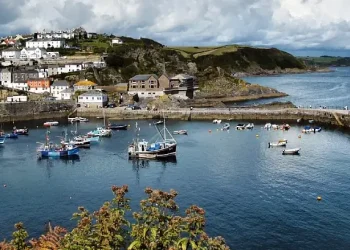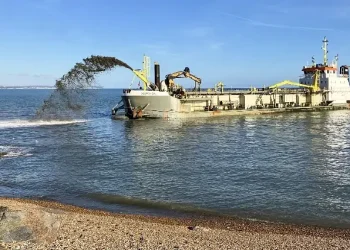The Marine Management Organisation (MMO) has granted marine licences for crucial coastal protection projects in Blyth, North Portsea Island, and Weymouth, ensuring compliance with environmental policies and providing long-term flood protection.
These initiatives highlight the UK government’s commitment to safeguarding communities against climate change-induced flooding and erosion.
Coastal Protection Projects: A Closer Look
The MMO’s recent approval of marine licences marks a significant step in enhancing the UK’s coastal resilience. In Blyth, Northumberland, a new storm water headwall will protect the Energy Central Learning Hub from erosion, preserving both infrastructure and the local environment.
Meanwhile, on the South Coast at North Portsea Island, complex flood defence structures such as embankments and rock revetments are set to shield businesses and residents from potential flooding.
In Weymouth, Dorset Council’s collaboration with the MMO on an Environmental Impact Assessment scoping opinion aims to streamline flood defence licensing for a new housing development.
This partnership not only saves time and costs but also ensures that new homes are built with robust flood defences in place.
Benefits for Local Communities
- The Blyth project safeguards educational infrastructure from erosion.
- North Portsea Island’s defences protect local businesses and residents.
- Weymouth’s streamlined licensing supports timely housing development.
- Government efforts enhance community safety against climate risks.
- Projects reflect ongoing investment in sustainable coastal management.

Coastal Resilience
The UK government’s commitment to addressing coastal erosion is evident through these projects. The MMO’s licensing aligns with national strategies like the Flood and Coastal Erosion Risk Management (FCERM), which have been periodically updated since the 2010s.
The North Portsea Island scheme is part of a larger effort to mitigate rising sea levels and extreme weather events that have heightened flood risks over recent decades.
Sustainable Development Practices
This announcement underscores how marine licensing integrates digital environmental data and EU-derived standards post-Brexit.
By maintaining sophisticated governance frameworks, UK marine projects continue to balance economic development with environmental conservation.
Such practices may influence future licensing processes across various sectors as they adapt to evolving environmental challenges.
Additional Reading
A Final Thought
The UK’s proactive approach to coastal protection through strategic partnerships highlights its dedication to combating climate change impacts.
By integrating advanced environmental assessments into planning processes, these projects not only safeguard communities but also set a precedent for sustainable infrastructure development worldwide.
More of Todays Top Breaking Government News Stories!
Sources: UK Government, and Marine Management Organisation.
Prepared by Ivan Alexander Golden, Founder of THX News™, an independent news organization delivering timely insights from global official sources. Combines AI-analyzed research with human-edited accuracy and context.









